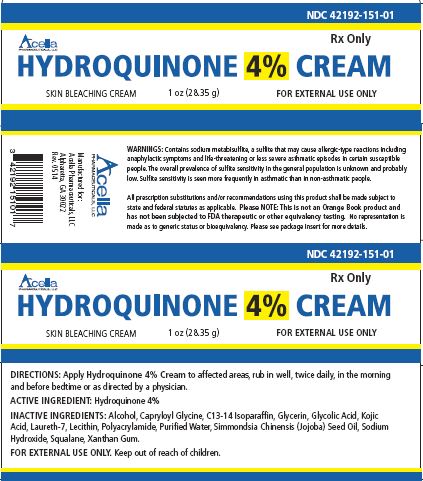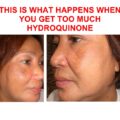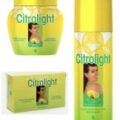Hydroquinone Cream is a skin-bleaching cream containing the bleaching agent Hydroquinone which is used to lighten areas of darkened skin such as freckles, melasma, age spots, and acne scars. It bleaches the skin, which can be helpful when treating different forms of hyperpigmentation. A 2005 survey published in the International Journal of Dermatology revealed that 92% of Nigerian men and women attending the skin clinic had reported using skin lightening creams over long periods to lighten and even out skin tone, or to improve the appearance of skin prior to an important event.
Historically, there’s been some back-and-forth on the safety of hydroquinone. In 1982, the U.S. Food and Drug Administration recognized the ingredient as safe and effective. Several years later, concerns about safety prompted retailers to pull hydroquinone from the market. The FDA went on to discover that many of the products in question contained contaminants like mercury. They established that these contaminants were behind reports of adverse effects. If your skin lightener contains mercury, it could be damaging your kidneys without you knowing it. Mercury can also injure your nerves, leading to permanent numbness or tingling in your hands, feet, or around your mouth.
Recently, 51 advocacy groups sent public action letters to both e-commerce giants, calling on them to “stop marketing illegal mercury-laden cosmetics” and “to ensure that cosmetics found to have mercury levels over 1ppm are no longer offered for sale” after testing revealed that many of them contained extremely high levels of mercury. For example, in the U.S., the legal limit of mercury that can be present in cosmetics formulas, which was set forth by the Food and Drug Administration (FDA) back in 1973, is just one part per million (ppm).
How does it work?
Hydroquinone cream bleaches your skin by decreasing the number of melanocytes present. Melanocytes make melanin, which is what produces your skin tone. In cases of hyperpigmentation, more melanin is present due to an increase in melanocyte production. By controlling these melanocytes, your skin will become more evenly toned over time.
It takes about four weeks on average for the ingredient to take effect. It may take several months of consistent use before you see full results. If you don’t see any improvements within three months of OTC use, talk to your dermatologist. They may be able to recommend a prescription-strength formula better suited to your needs.
How effective is hydroquinone cream?
In most cases, lightening of skin should be seen after four weeks of treatment. Sometimes it may take longer to see any change, but if no bleaching effect is seen after three months of treatment, you should stop using hydroquinone. To increase the effectiveness of hydroquinone, you should stay out of the sun, or wear protective clothing and use an SPF15+ sunscreen when outdoors. Do not use sunlamps or tanning salons. It is important to use hydroquinone regularly as directed until you achieve the desired bleaching, after which use as needed to maintain results.
What Happens When You Stop Using Hydroquinone Cream?
There are several side effects of hydroquinone that should warrant stopping the cream and seeking medical advice immediately, they include severe burning, itching, crusting, or swelling of treated areas (possible allergic contact dermatitis) and any unusual skin discoloration.
Prolonged use of hydroquinone has been associated with the development of exogenous ochronosis (a persistent blue-black pigmentation), especially in Africa, but this is rare. It might be due to other ingredients such as phenol, resorcinol and antimalarial agents, which are known to cause ochronosis.
Hydroquinone cream is usually well tolerated. Some users may experience minor and temporary skin irritations including mild itching or stinging and reddening of the skin (irritant contact dermatitis). If these do not subside, stop using the cream. READ: What Are The Advantages and Disadvantages of Skin Bleaching?







